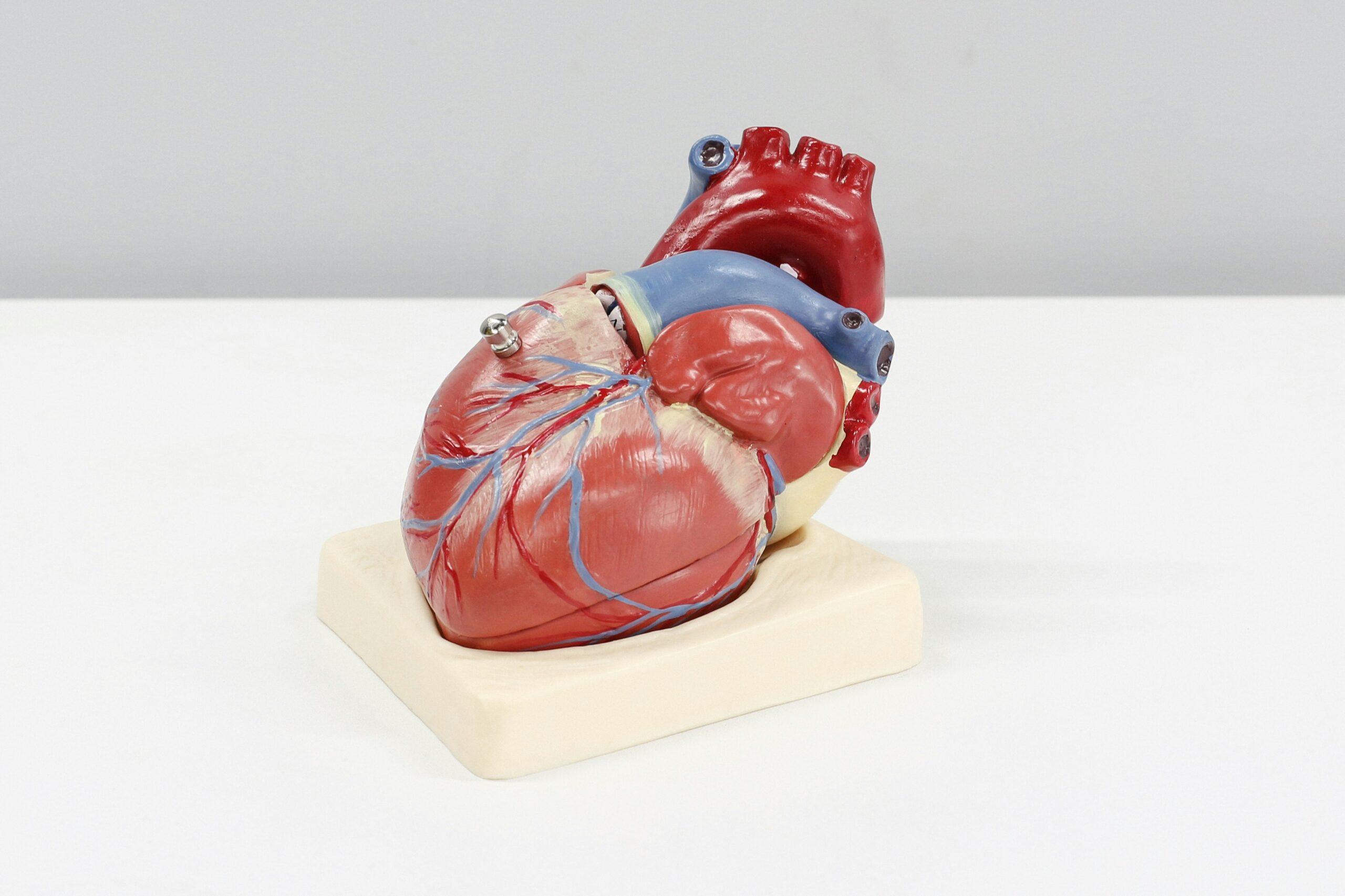“I told [the medic] she’d got it wrong. It must be the wrong reading. There couldn’t possibly be anything wrong with my heart.”
These were the words of hurler Paul Boyle, speaking to the Irish Times last weekend about the moment he first learned that he had a hidden heart rhythm problem.
In January, Paul took a routine cardiac test at his club, Loughgiel Shamrocks. When the screening raised a red flag, he booked an appointment with Jonathan here in Dublin. This is his story.
“I had seen a couple of specialists up here and they said, ‘You can’t play. Don’t do anything until you see Dr Lyne.’”
What happened to Paul Boyle?
In January 2024, the Gaelic Players’ Association (GPA) were in Antrim to offer heart tests as part of their cardiac screening programme. Paul did the test, not expecting to hear anything more. “In my life, I never felt anything wrong with my heart,” he told the Times. “No chest pain, nothing.” When the results came back three days later, however, they raised concerns. The test suggested that, despite the absence of symptoms, Paul might have something called Wolff-Parkinson-White (WPW) syndrome.
What is Wolff-Parkinson-White syndrome?
WPW syndrome is a congenital condition that causes the heart to beat abnormally fast. These very rapid beats, known as tachycardia, appear in sporadic episodes, sometimes triggered by things like stress, caffeine or strenuous exercise. The underlying cause is an extra electrical pathway in the heart. The pathway acts like a short circuit, preventing the heart’s lower chambers from pumping correctly.
How serious is the condition?
Most episodes of WPW syndrome, which is thought to affect around two people in every thousand, don’t cause any harm. But, for a minority, they can lead to more serious problems, particularly when combined with an irregular rhythm called atrial fibrillation. That was why doctors urged Paul to be cautious and stop playing before he knew more. “I had seen a couple of specialists up here and they said, ‘You can’t play. Don’t do anything until you see Dr Lyne.’”
What happened next?
At his Blackrock Clinic appointment, Jonathan analysed Paul’s results and confirmed it would be unwise to carry on playing without treatment. “It wasn’t a case of ‘if’ an episode would happen but ‘when’,” Paul explains in the article. “It could be a cardiac episode of any sort – something small or a heart attack or a stroke. […] I never realised the gravity of it.” The best treatment for Paul’s case, Jonathan explained, would be an ablation procedure. This is a keyhole operation that uses high-energy pulses to ‘break the circuit’ by scarring the heart tissue that’s causing the rogue electrical signals.
How did Paul’s procedure go?
Paul came in for his operation in late March. After the procedure, he took blood thinners for a fortnight and rested while his wounds healed. By April, though, he was all-clear to return to the field. His first game back was a win over Dunloy earlier this month when, encouragingly for Shamrock fans, he hit five points from play.
The upshot
Paul’s experience highlights a key point: that some irregular rhythms can hide in plain sight. While many sufferers do get noticeable heart flutter, breathlessness or dizziness with WPW syndrome, Paul didn’t experience any of those symptoms. Perhaps the biggest takeaway is the importance of regular cardiac screening for elite sportspeople – something the GPA and others are actively lobbying the Irish Government for right now. Wolff-Parkinson-White syndrome, fortunately, is very treatable. But, as with so many heart conditions, there’s no substitute for being aware and vigilant – and ready to act.
Read the full Times article here: ‘You’d kind of just presume you’d know if you had a heart condition’
For further reading…
How do you test for a heart rhythm problem? [blog]






